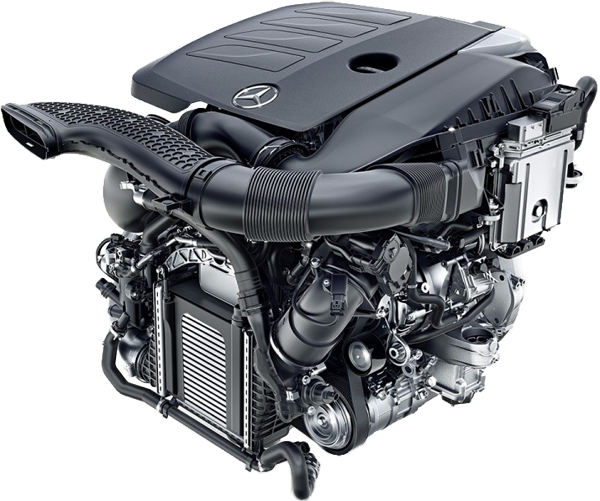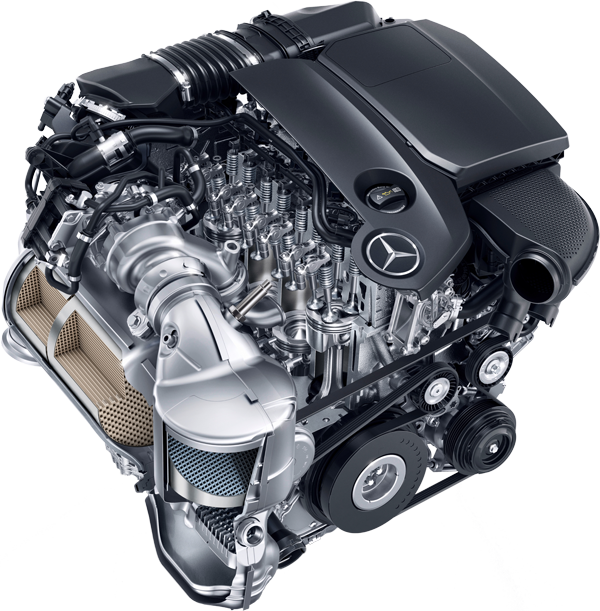The Comparative Analysis :
Mercedes C 300 9G-TRONIC (18 - 19) vs. Mercedes C 200 d 9G-TRONIC (18 - 18)
€ 44,000

€ 39,800

€ 44,000
Base Price ⓘBase price of a new vehicle with standard equipment in Germany at market launch.
€ 39,800
ⓘBase price of a new vehicle with standard equipment in Germany at market launch. Price Info
Vehicle Dimensions
The dimensions of the C 300 and the C 200 d are absolutely identical. Both are 4686 mm long, 1810 mm wide and 1442 mm tall.
C 300
C 200 d
1442
1810
2020
1442
1810
2020
1810 mm
Width
1810 mm
2020 mm
Width Incl. Mirrors
2020 mm
1442 mm
Height
1442 mm
2840
4686
2840
4686
4686 mm
Length
4686 mm
2840 mm
Wheelbase
2840 mm
Vehicle Weight
C 300
C 200 d
1555 kg
Kerb Weight
1585 kg
2135 kg
Gross Vehicle
Weight
Weight
2165 kg

Weight Difference:
30 kg
1.89 %

General
C 300
C 200 d
W205
Generation
W205
Saloon
Car Body Style
Saloon
Unleaded (95 RON)
Fuel Type
Diesel

Rear-wheel drive
Drive
Rear-wheel drive

9-speed automatic transmission
Transmission
9-speed automatic transmission
Engine
C 300
C 200 d
Straight-four petrol engine with turbocharger
Engine Type
Straight-four diesel engine with turbocharger
Mercedes-Benz M 264
Engine Series
Mercedes-Benz OM 654
M 264.920
Engine Code
OM 654.920


4
Valves
4
4
Cylinders
4
1991 CC
Engine Capacity
1950 CC
254 bhp
at 5800 rpm
Power
148 bhp
at 3800 rpm
C 300
254 bhp
148 bhp
C 200 d
370 NM
at 1800 rpm
Max. Torque
360 NM
at 1400 rpm
C 300
370 NM
360 NM
C 200 d
Performance
C 300
C 200 d
155 mph
Maximum Speed
138 mph
5.9 sec
Acceleration 0 to 62 mph
8.1 sec
62 mph
62
mph
mph
82 m
0.000 sec

C 300
62 mph
62
mph
mph
113 m
0.000 sec

C 200 d
▶ REPLAY
6.12 kg/bhp
Weight-to-Power Ratio
10.71 kg/bhp
C 300
6.12 kg/bhp
10.71 kg/bhp
C 200 d
Fuel Economy / Emissions
C 300
C 200 d
Fuel Economy
42 mpg
combined
61 mpg
C 300
42 mpg
61 mpg
C 200 d
31 mpg
city
52 mpg
53 mpg
motorway
69 mpg
66 L
Fuel Tank Capacity
41 L
612 mi
Range
554 mi
C 300
612 mi
554 mi
C 200 d
Environmental Impact
127 kWh
Total Energy Consumption
per 100 miles ⓘThe total energy consumption per 100 miles is the amount of energy consumed by a vehicle when burning fuel or using electricity per 100 miles (final energy), and the energy required to produce the appropriate amount of fuel or electricity (primary energy).
per 100 miles ⓘThe total energy consumption per 100 miles is the amount of energy consumed by a vehicle when burning fuel or using electricity per 100 miles (final energy), and the energy required to produce the appropriate amount of fuel or electricity (primary energy).
94.6 kWh
C 300
127 kWh
94.6 kWh
C 200 d
Euro 6d-TEMP (WLTP) 36AG-AI
Emission Standard
Euro 6d-TEMP (WLTP) 36AG-AI
165 g/km (WLTP)
CO2 Emissions
143 g/km (WLTP)
Practical Convenience
C 300
C 200 d
4
Doors
4
5
No. of Seats
5
580 kg
Maximum Payload
580 kg
455 L
Boot Capacity
455 L










No data
Boot Capacity (Seats Down)
No data



















